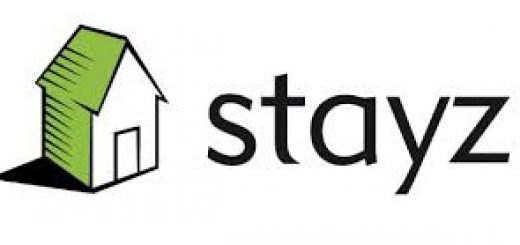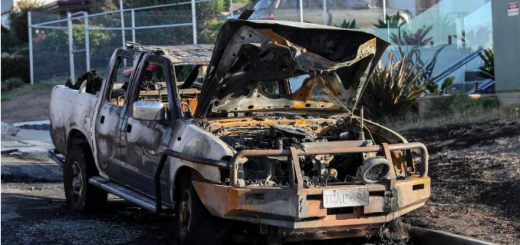What should NSW do about short-term rentals?
NSW’s state government is having trouble coming up with rules to control short-term rentals. Let’s help them out.

Before it was kiboshed by the backbench, the original proposal probably looked something like this:
- 180 day limit on bookings in Greater Sydney
- No limit on bookings in other areas
- No ability for stratas to limit short-term rentals
- A two strikes rule to crack down on party houses
Using best practice from overseas, here’s a more sensible proposal:
- Use availability instead of booking limits – The reason booking limits don’t work is that they’re too easy to get around, both if using one site (by saying the place wasn’t booked, just unavailable) and by cross posting to other sites. Even if you can convince Airbnb to eventually play along, you then need work with other major holiday letting sites to close the gaps. And as New Orleans and London are finding out, these sites know it’s not in their interest to play by the rules. By using availability instead of booked days, it’s easy to track across multiple sites and it’s much harder to lie your way out when you’re caught.
- Reduce the availability gap to 60 days for entire properties, 180 days for rooms – This is ample time for people to make some extra cash while on holiday or some spare cash from their spare bedroom. But it’s also enough to reduce the economic incentives fuelling the resortification of many Australian towns and suburbs
- Ban investment properties from being used as short-term rentals – This is the simplest and fairest way to make sure everyday folks can still make some extra cash bit so the worst of the problems short term rentals cause. This can be tricky to enforce but will take some steam out of property prices in high demand areas. Hobart has done this already.
- Allow stratas to block short-term rentals if 2/3 of owners agree – This will allow people to decide the character of their “vertical village”for themselves. It’s not fair for one person to ruin it for everyone else.
- Set up a mandatory licensing system – Charge $500 to register a property as a short-term rental and allow local councils to refuse any property and revoke any license already granted. This will raise revenue, allow safety measures like working smoke alarms to be better policed, instantly stop party houses, and allow councils to rein back growth in key areas as needed.
- Allow local councils to apply the rules flexibly within limits – For example, in one shire it may make sense to have a 90 day limit on short-term rentals of entire properties. Other not want compulsory licensing, as it’d be too much work for their handful of listings. They should be allowed to tailor their approach to suit their local needs
- Make it clear that the legislation is meant to work alongside local council rules on noise control, public amenities, etc – This will let local councils quickly come up with new regulations to suit their local problems. This is not a “one size fits all” problem, and localised solutions will really be handy.
- Make fines clear, painful and scaleable – Enforcement has to have teeth or illegal hosts will simply treat the occasional fine as the cost of doing business. The fines have to be high enough to bite but low enough to be easily payable – eg Vancouver, Canada fines $1000 for an unlicensed booking. Make the next fine $1500 if they don’t comply, then $2000, and keep raising it.
- Allow local councils to collect fines – This incentivises councils to own the problem and police the rules in their local areas. They know best what they need and what properties are problem rentals.
BnbGuard works with councils and stratas to control short-term rentals. Contact us today to find out more.





